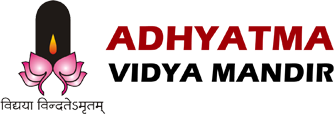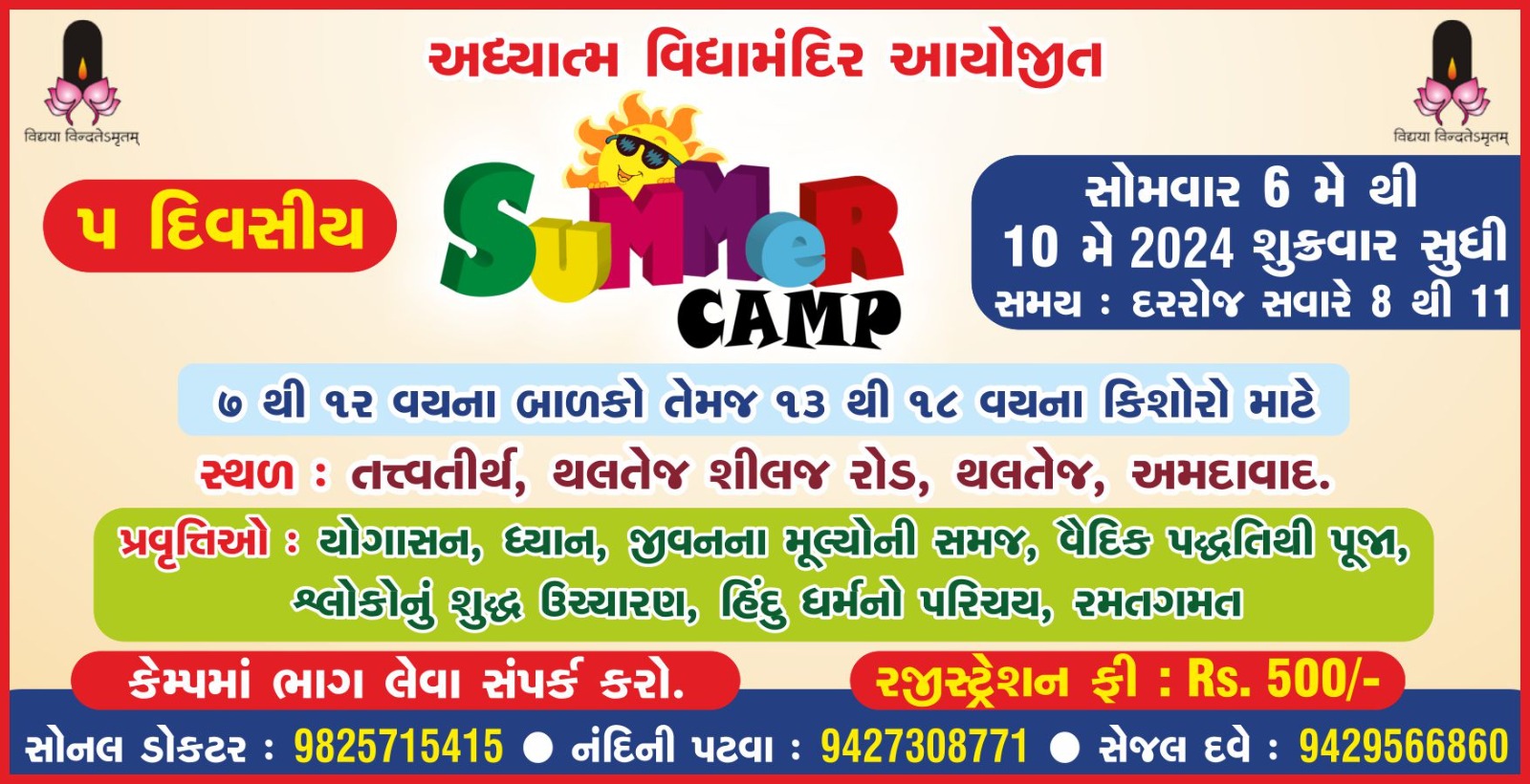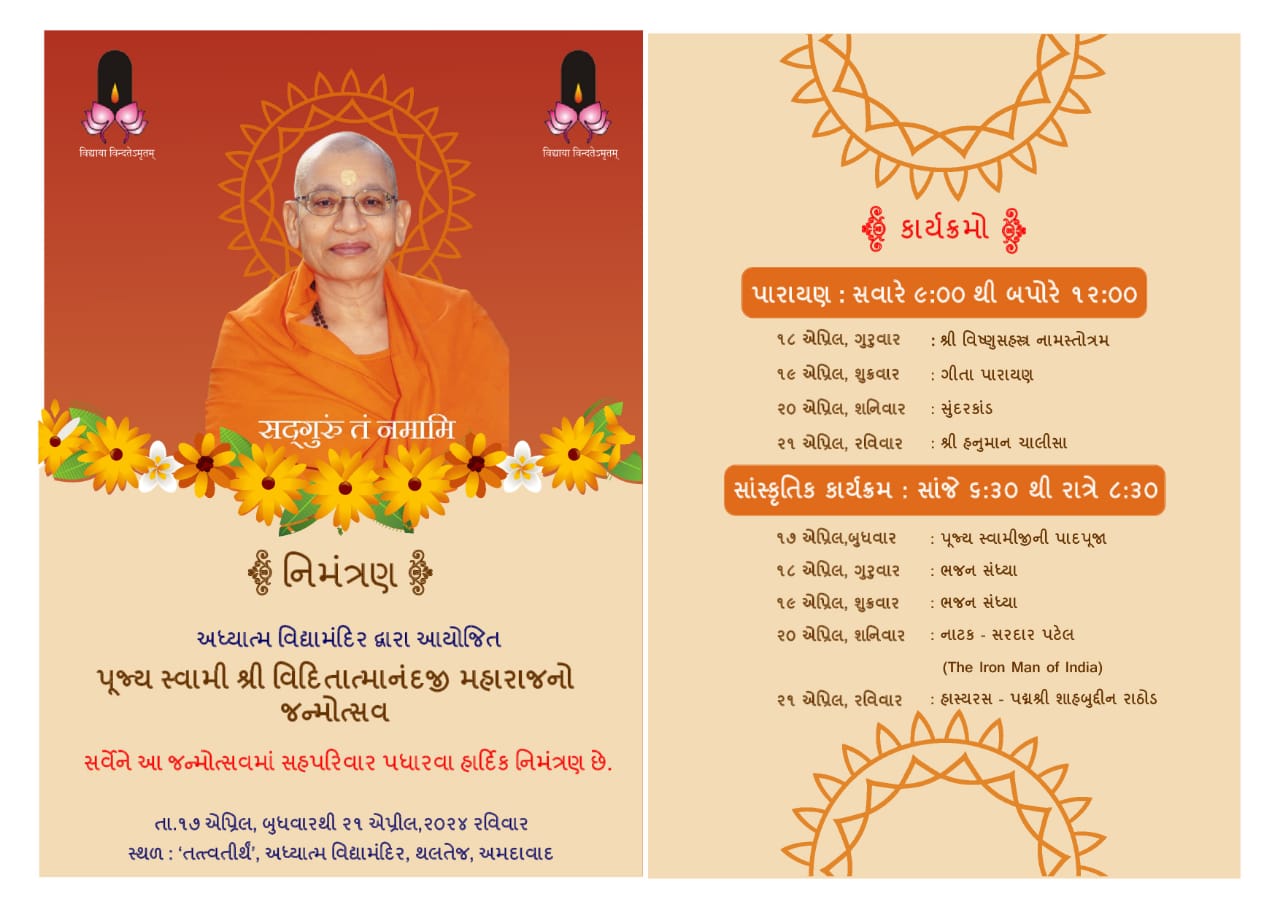Homa or Yāga is a Vedic ritual performed to gain some kind of spiritual or worldly benefits from the devatās or deities. It is an integral part of the Vedic tradition, and involves offering oblations to the fire. In Vedic culture, fire is considered very sacred as it burns of all impurities without any reservations. By offering oblations to the sacred fire, devatās or deities are invoked for blessings from the particular deity or deities’ specific to the type of Homa or Yāga. The ritual is performed by the Brāhmaṇas, priests, on behalf of the Yajamāna, host, with Vedic chantings and offerings such as grains, ghee etc., into the sacred fire. The sacred fire and the Vedic chantings together create an atmosphere filled with divinity and positive energy.
Homa or Yāga primarily becomes an occasion for worshipping the devatās or deities, gathering of Mahātmās, the great personalities with divine qualities, and performing noble deeds such as dāna or donations. Homa or Yāga essentially mean the same, but the difference is in the duration, Homa typically lasts for few hours or a day, while Yāga lasts for few days to sometimes months. Homa or Yāga are performed for various reasons such as praying for someone’s long and healthy life, to invoke divine qualities or energy and to get rid of demoniac tendencies for the well-being of the entire community, to invoke the blessings of the deities at the cosmic level for one’s spiritual growth, to remove obstacles through the various stages of life, and other such situations, wherein an individual needs a favor from the deities at the cosmic level for their personal or spiritual well-being.
Homa forms the part and parcel of the spiritual activities at the Tattvatirtha Ashram. The Ashram complex even has a specific area dedicated to performing Homa or Yāga. Every month, a Homa is carried out for Pujya Swamiji’s long life and good health. Various Homas like Sudarshana Homam and others are organized during the various festivals, to invoke the deities to bless the Ashram and the community members in the spiritual pursuit.The Vedic rituals during the Homa are performed by a team of priests knowledgeable in performing Vedic rituals, and with a certain perfection in Vedic chanting. Special Homas had been arranged in celebration of Pujya Swamiji’s Shatabhishekam during the year 2019-2020. All are cordially invited to join and experience the divinity through these Vedic invocations.



